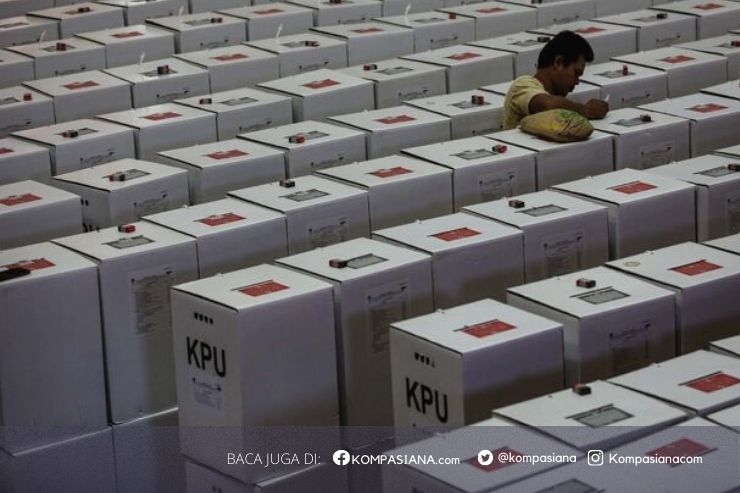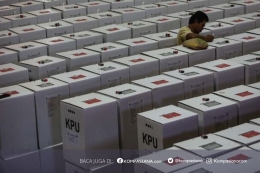METHOD
This research employs a qualitative literary analysis approach, as it focuses on the in-depth exploration of thematic elements, character development, and narrative structures within the selected literary works: Teras Terlarang by Fatima Mernissi, My Salwa My Palestine by Ibrahim Fawal, and Inside the Kingdom by Carmen bin Laden. The goal of this study is to examine how these works address the complexities of gender, identity, and socio-political power in African and Middle Eastern societies, particularly through the lens of postcolonial feminism and critical cultural theories. The qualitative approach allows for a detailed interpretation of the texts, highlighting the subtle ways in which literature engages with political, cultural, and gender-related issues. The data collection for this study involves close reading and textual analysis of the three selected literary works. The primary data is drawn from these texts, focusing on key themes such as gender dynamics, identity formation, resistance, and the representation of social and political struggles. Secondary data is gathered from scholarly articles, books, and academic journals that provide insights into postcolonial feminism, cultural identity, and the socio-political contexts of the Middle East and North Africa. These secondary sources help frame the literary works within broader theoretical and historical discourses. The data source consists primarily of the three literary works: Teras Terlarang, My Salwa My Palestine, and Inside the Kingdom. In addition to these primary sources, secondary literature related to feminist theory, postcolonial studies, and cultural studies are used to inform the analysis. These secondary materials help contextualize the works within the intellectual frameworks of postcolonial feminism, gender studies, and the socio-political history of the African and Middle Eastern regions. The data type is both textual and theoretical. The primary data comes from the literary texts themselves, specifically focusing on their thematic and narrative content. This includes character interactions, plot development, symbols, and metaphors used to address issues of gender, power, and identity. The secondary data consists of theoretical and scholarly sources that provide critical frameworks for analyzing the primary texts, particularly in terms of feminist theory, postcolonial discourse, and cultural studies. This combination of primary and secondary data enables a holistic and nuanced analysis of the texts. Data analysis is carried out through a feminist and postcolonial lens, using critical literary approaches to examine how each text portrays gender relations, colonial histories, and cultural identity. The study applies feminist theory to explore the representation of women's agency, resistance, and empowerment in each of the works. Postcolonial theory, particularly the works of Edward Said and Homi K. Bhabha, is used to analyze how colonialism and its legacy are represented in the literature. The analysis will also consider Michel Foucault's ideas of power and resistance to explore how characters challenge societal norms and navigate their identities in restrictive cultural and political environments. The research aims to identify the intersection of these themes and how they contribute to broader discussions on gender, power, and identity in the context of postcolonial literature.
RESULTS AND DISCUSSION
FINDINGS
The analysis of Teras Terlarang by Fatima Mernissi, My Salwa My Palestine by Ibrahim Fawal, and Inside the Kingdom by Carmen bin Laden reveals several key thematic patterns in the representation of gender, power, and identity within the socio-political context of the Middle East and North Africa. Through a close reading of these works, the following significant findings emerged:
Representation of Gender Dynamics: All three works showcase the gender struggles within patriarchal societies, where women navigate oppressive systems and assert their agency. In Teras Terlarang, Mernissi illustrates women's resistance against traditional roles, using the harem as a metaphor for both confinement and liberation. Similarly, Fawal's My Salwa My Palestine portrays the complex intersection of gender and nationalism, with women participating in the resistance movement, challenging both colonialism and patriarchy. In Inside the Kingdom, Carmen bin Laden addresses the limitations placed on women in Saudi society, emphasizing their struggle for personal freedom and empowerment. Women in these works are portrayed not just as passive victims of their environments, but as active agents of change, reflecting the broader socio-political shifts in their respective regions.
Political and Colonial Struggles: The theme of colonialism and its lingering effects is prominent in the texts. In My Salwa My Palestine, Fawal illustrates how the Palestinian identity is shaped by both colonial and post-colonial struggles. Mernissi's work delves into the socio-political repercussions of colonialism in Morocco, particularly how gender relations were reshaped by colonial forces. Bin Laden, in her memoir, touches upon the influence of Western ideals on Saudi Arabian society, as well as the internal colonialism faced by women within the Kingdom. This theme of colonial legacy is central to understanding the complexity of the socio-cultural and political issues faced by women in these societies.
Identity and Resistance: Across the texts, the characters' search for identity and the expression of resistance are central themes. Whether through the personal rebellion of Mernissi's female characters, the activism of Fawal's protagonists, or the challenges faced by women in Saudi Arabia as described by bin Laden, identity becomes a powerful tool for resistance. These works reveal how women in the Middle East and North Africa navigate personal and collective struggles, challenging both internal and external forms of oppression. The exploration of identity is also linked to the broader national identity, especially in Fawal's and bin Laden's works, where personal and cultural identity intersect with larger national struggles.
Cultural Expectations and Societal Limitations: Another important finding is how each text explores the tension between traditional cultural values and the modern aspirations of the characters. In Mernissi's Teras Terlarang, the conflict between Moroccan tradition and the desire for personal freedom is evident. The women in the narrative constantly confront societal expectations that restrict their movements, choices, and self-expression. Similarly, in Inside the Kingdom, Carmen bin Laden highlights the contradictions within Saudi society, where modernity and traditionalism clash, particularly regarding women's rights. This tension between tradition and modernity provides a critical framework for understanding the characters' actions and decisions.
These findings are further clarified in the table below, which summarizes the key thematic elements and their occurrences in the selected works:
Theme







